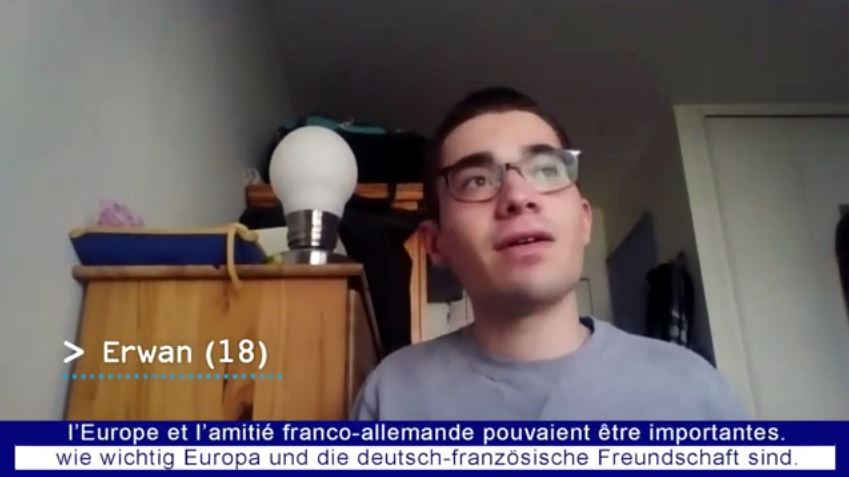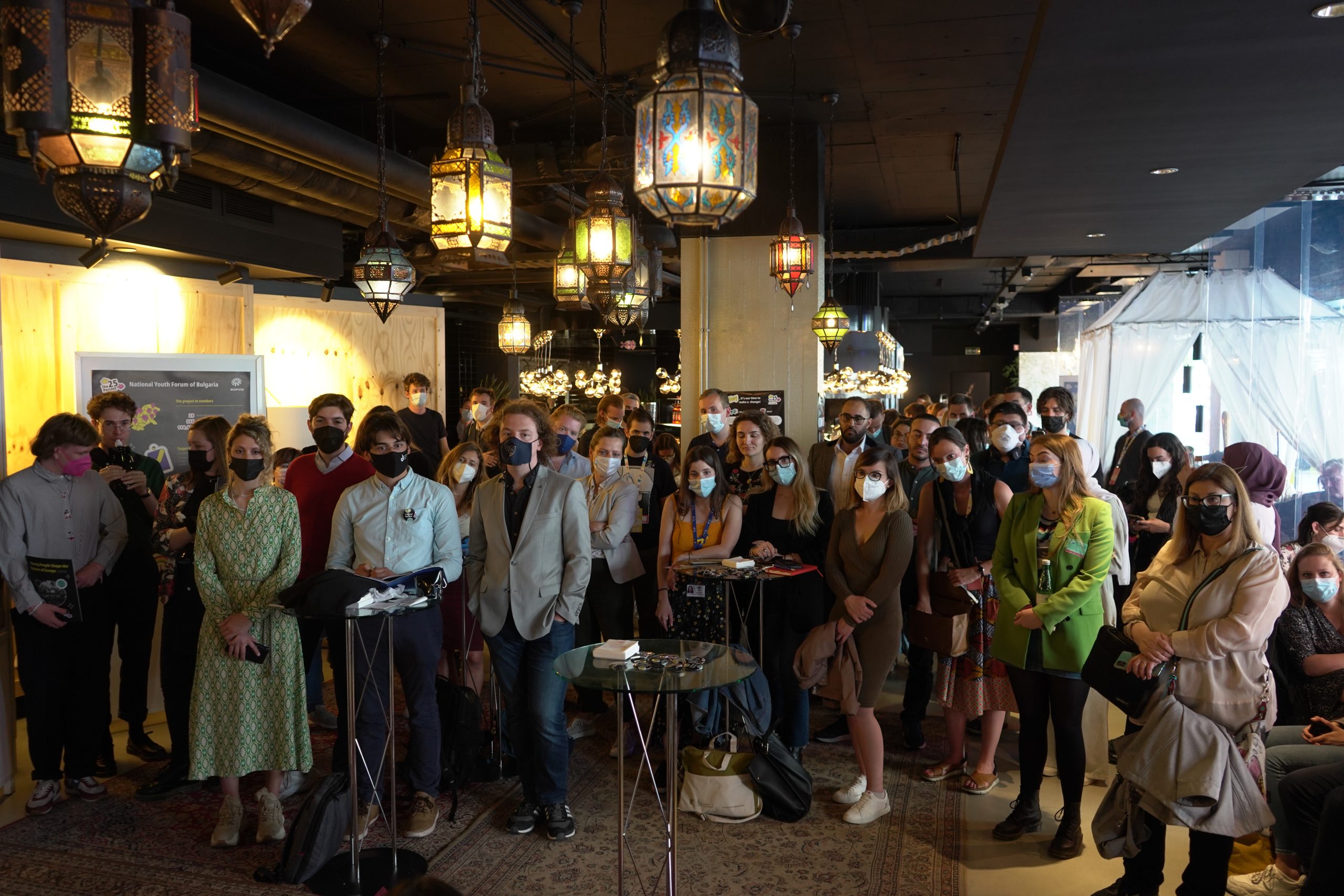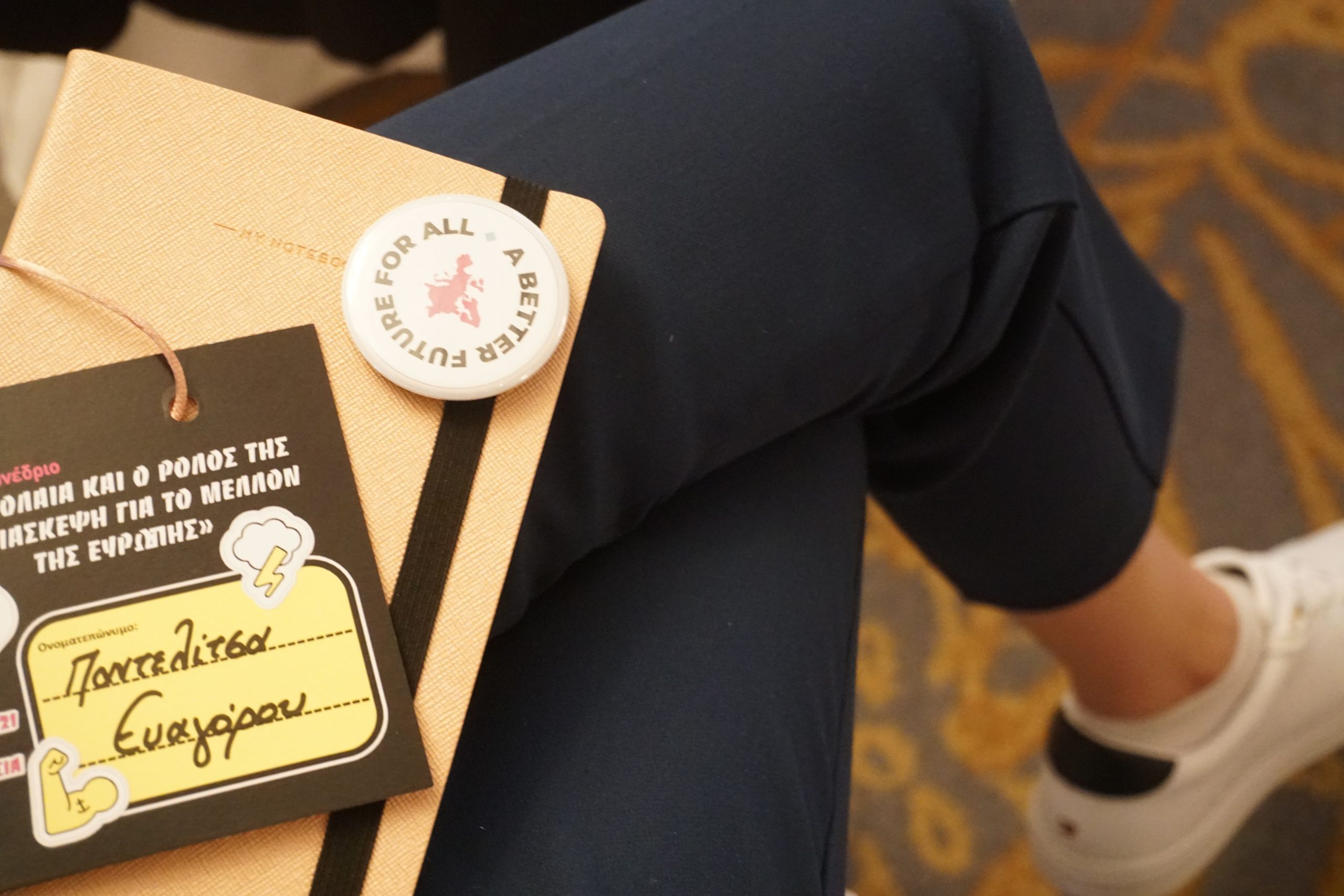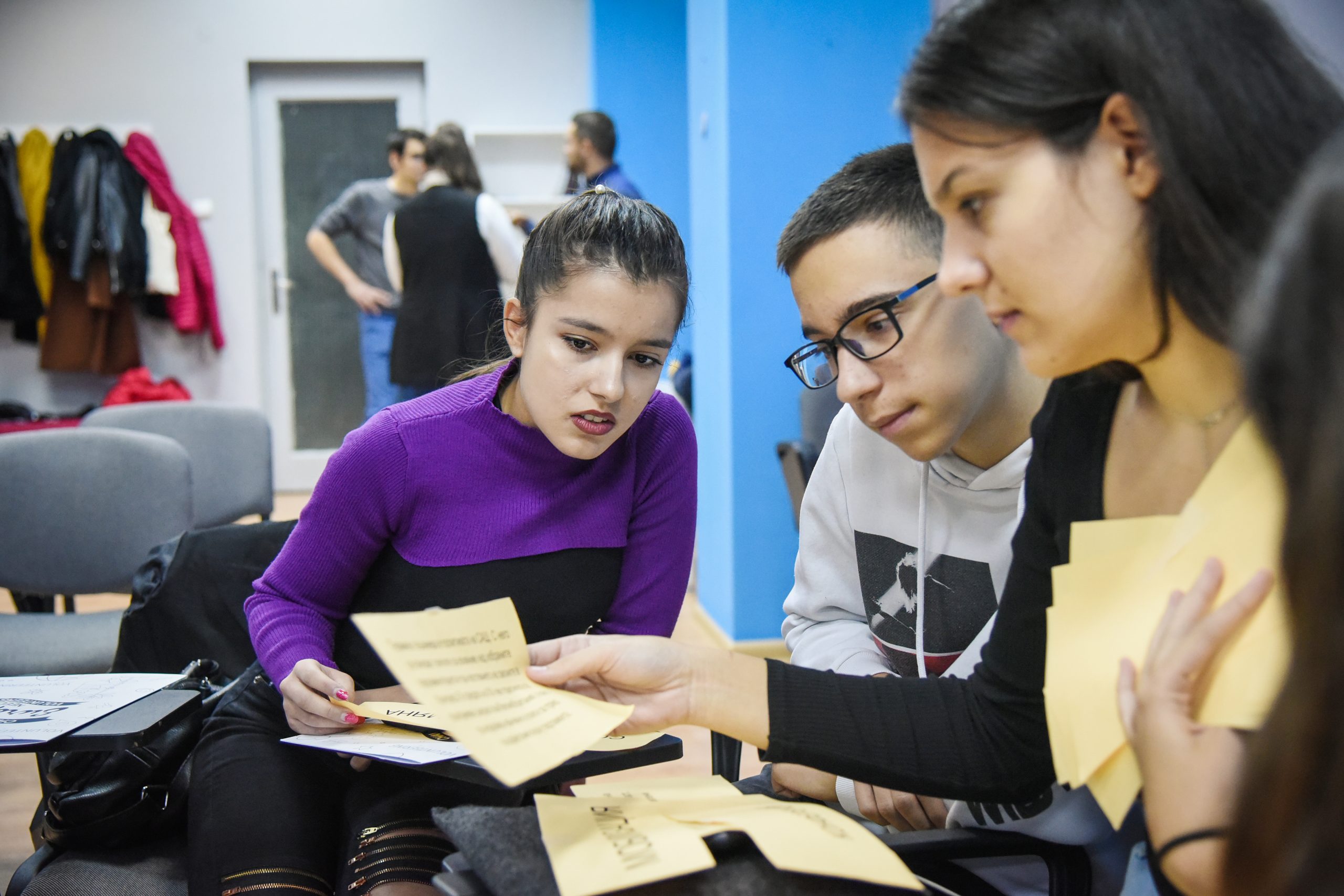Erwan Laurent: Run the distance Paris-Berlin at the time of travel restrictions
“I really wanted to get involved in something, but I didn’t know at all how to go about it. It became a 20-day virtual race to run between Paris and Berlin.”
I knew I wanted to be an active player, but I did not know how to get involved in something that mobilizes people.
I had many ideas and a strong interest in democracy, Europe and the protection of the environment in general. It is an interest that emerged very recently, namely during the health crisis and the pandemic.
During that period I asked myself a lot of questions and I used those months as a moment for reflection, not only about myself, but also about the ongoing health crisis. What really pushed me was the new dynamics in Europe, the urgency to cooperate in order to achieve a greater result for the benefit of all . It really gave me a new perspective of the value of European cooperation. I found myself very drawn to the cause of the Franco-German friendship, a partnership that was first created under hardship. Today it is stronger than ever.
The moment I first became an active player, a changemaker, was when I had the opportunity to join the Network of Young Ambassadors of the Franco-German Youth Office (OFAJ). It is a network of 100 young ambassadors, 50 from France, and 50 from Germany. We are all distributed in the different regions of the country and within the framework of our mandate we come up with at least five projects to carry out. During my last mandate we were asked to do projects on the protection of the environment, this was one of the reasons for why I wanted to get involved with OFAJ, to be engaged on a theme that interests me and at the same time, make my contribution to the Franco-German friendship in my own small way.
My project: a race to raise awareness about carbon footprints. And as any active changemaker knows, a project doesn’t come without some challenges.
My first idea was to have us run from Quimper in the north-west of France to Ramstein in the south-east of Germany. I had contacted organisations in Germany who had already run the distance to receive some advice but the pandemic hit before we could start. So the first challenge for us was to solve the issue of how to go from something concrete to something symbolic and fun to participate in. It became a 20-day virtual race to run between Paris and Berlin. The idea was to cover the 1000km that separate the two cities and participants could walk,or run in their own neighbourhood.
Another aim of the project was to create the sense of friendship and exchange through this race. The challenge now became how to make people realise that when they went walking or running down their houses, the banks of their river or canal, they were in fact doing this together, bringing France and Germany closer to the zero carbon footprint mission. So we set up a website where people could register and where an odometer would display the distance run in real time and the goal we had for the project.
The kilometers were ticking in real time as participants ran and this became a source of inspiration for them to continue and run more and faster. Although this wasn’t not a project in a competitive spirit, there was a ranking of the biggest contributors – those who had run the furthest. As you can imagine, the competitive spirit really sparked between those who were in the top ranking. A runner from Montpellier was happily competing with a runner in Berlin.
Did we reach our goal? The 1000 km in 20 days? Yes we did! In fact, participants reached the goal in 8 days. With 12 days still to go we challenged the participants to make as many round trips as they could between Paris and Berlin. It was a great success, as the distance run was tripled. We managed to really communicate the concept and people understood it, even if we were confined to our own neighborhoods, we managed to connect France and Germany for a great purpose.
I have three important learnings from this experience that might help someone else who wants to do their own project. Firstly, it is extremely important to follow-up on social networks if you are engaging people. We always spoke to participants about the progress of the race. For example, when we left Paris, when we passed Reims or when we came halfway, we would always have a fun-fact post or announcement to keep cheering them on. For us, it was really important to try to anchor the race in reality and give the participants some benchmarks to run towards. Also, make sure you adapt the communication to your different social platforms. What works on a website might not work on Facebook.
Secondly, what was really important for me was to work in a team. I had the idea of the concept, which was to run the distance between Paris and Berlin 1000 km with a zero carbon footprint, but although having the idea is good, if I would have had to do it on my own, from all the logistics to the communication, it would have been complicated, if not impossible. Our first challenge was to work on everything virtually, adapting the concept to a virtual race. The team was there to work and give ideas of how to do that, how to create an interactive map, to measure the distance run in realtime, and to create a platform for registration. Whenever we need text for social media translation, we had the Germans in the team who were really helpful with that. The team was spread across France and Germany and due to the pandemic it was impossible to meet but we managed to connect and create this despite those difficulties. Teamwork is so important!
Lastly, don’t hesitate to surround yourself with people who are willing to contribute and do projects. I wanted to do many things at first but it was difficult finding a way of how to. There are many people out there that are going in the same direction as you, exchange and build something with them. For me, doing my project was easier because I am a part of a network of young ambassadors. Find your team online, at school or in organisations. Joining an already established structure can also give you more legitimacy to carry out the activities.
Being active, a changemaker, has taught me that each of us can be a source of inspiration for others, each in our own way. We don’t have to be famous, politicians or athletes to succeed. Therefore, I always keep in mind this motto “Success is not final, failure is not fatal, it is the courage to continue that counts.”
So what now? I’m working on a new project with OFAJ that focuses on the political engagement of young people. Germany had elections not too long ago, and in France, we will soon have ours. We want to engage young people in the things they believe in and work with them to get some political commitments. The project is called J for Future, J stands for ‘Jeunesse’ – the French word for Youth. We believe that Youth is the future – so find your project and get active today!



